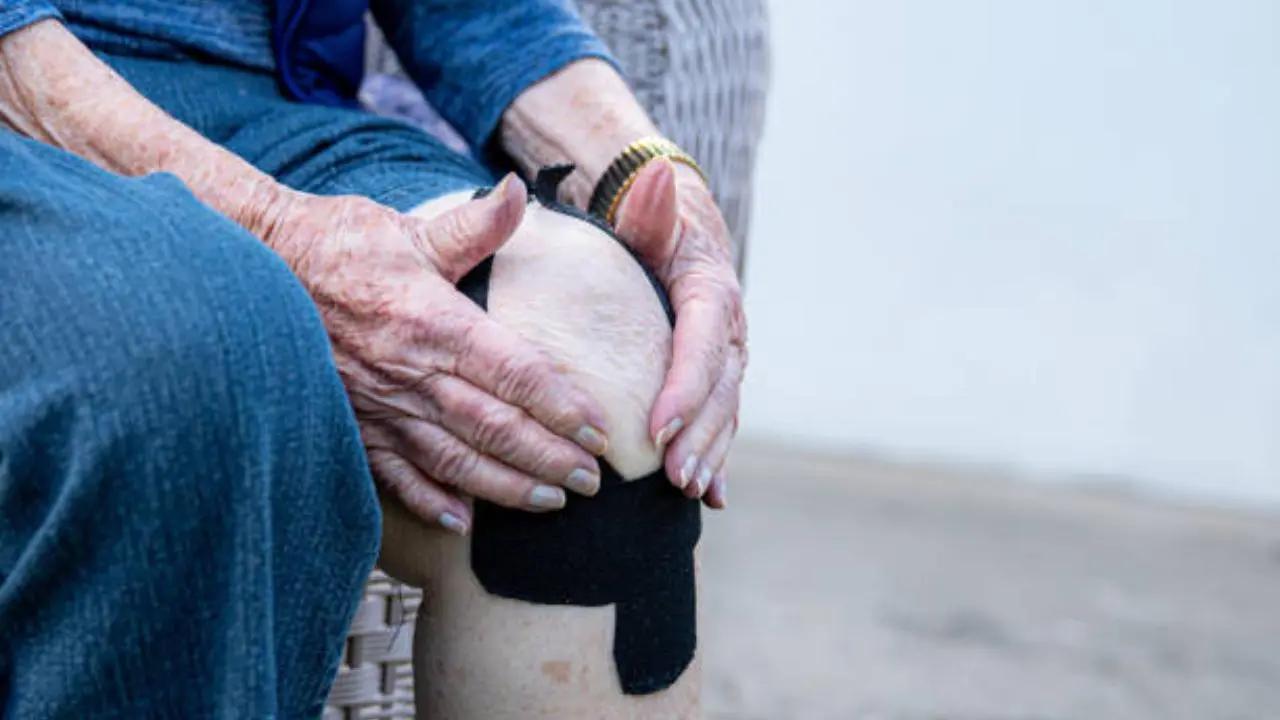If the early onset of these changes can be confirmed, kneecap shape could potentially be integrated into disease prevention models, aiding in the early identification of individuals at higher risk for knee osteoarthritis

Image for representational purposes only. Photo Courtesy: iStock
The shape of a person's kneecap may indicate their risk of developing osteoarthritis - a common and debilitating joint disease, suggested a study.
ADVERTISEMENT
Researchers from the Australian National University (ANU) in Australia focussed on potential differences in kneecap shape between men and women, given that women with knee osteoarthritis often experience more severe symptoms.
The team made use of CT scans to analyse the kneecaps of healthy individuals and patients awaiting knee replacement surgery.
They employed advanced image analysis techniques to create 3D models of the kneecaps and measured the surfaces’ shapes.
While the study “did not find distinct differences in kneecap shapes between sexes, it revealed that individuals with osteoarthritis exhibited more pronounced variations in kneecap surface shapes.”
These differences became more significant with increasing disease severity, said the team led by Associate Professor Laura Wilson from ANU.
She noted the unexpected nature of the findings, highlighting that the “changes in kneecap shape varied across different joint surfaces as osteoarthritis progressed.”
The study is published in the journal Osteoarthritis and Cartilage.
The researchers now plan to investigate whether these shape differences appear early in the disease's development.
If the early onset of these changes can be confirmed, kneecap shape could potentially be integrated into disease prevention models, aiding in the early identification of individuals at higher risk for knee osteoarthritis.
This could lead to targeted early interventions for those at risk, the researchers said.
This story has been sourced from a third party syndicated feed, agencies. Mid-day accepts no responsibility or liability for its dependability, trustworthiness, reliability and data of the text. Mid-day management/mid-day.com reserves the sole right to alter, delete or remove (without notice) the content in its absolute discretion for any reason whatsoever
 Subscribe today by clicking the link and stay updated with the latest news!" Click here!
Subscribe today by clicking the link and stay updated with the latest news!" Click here!







